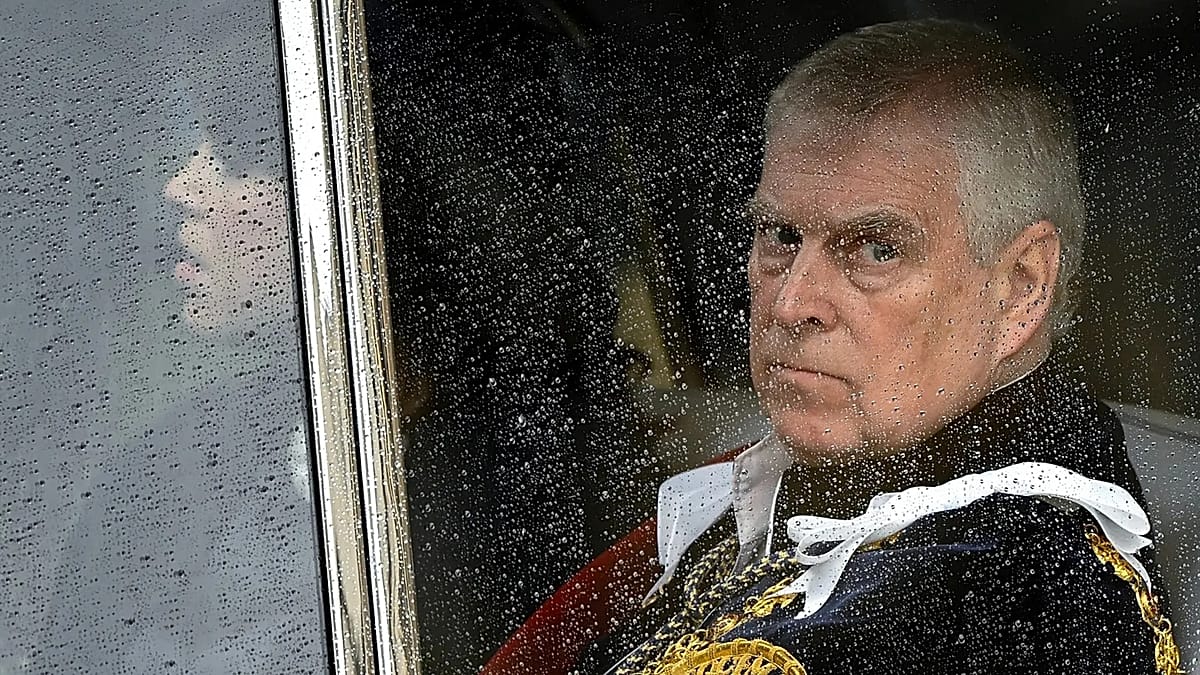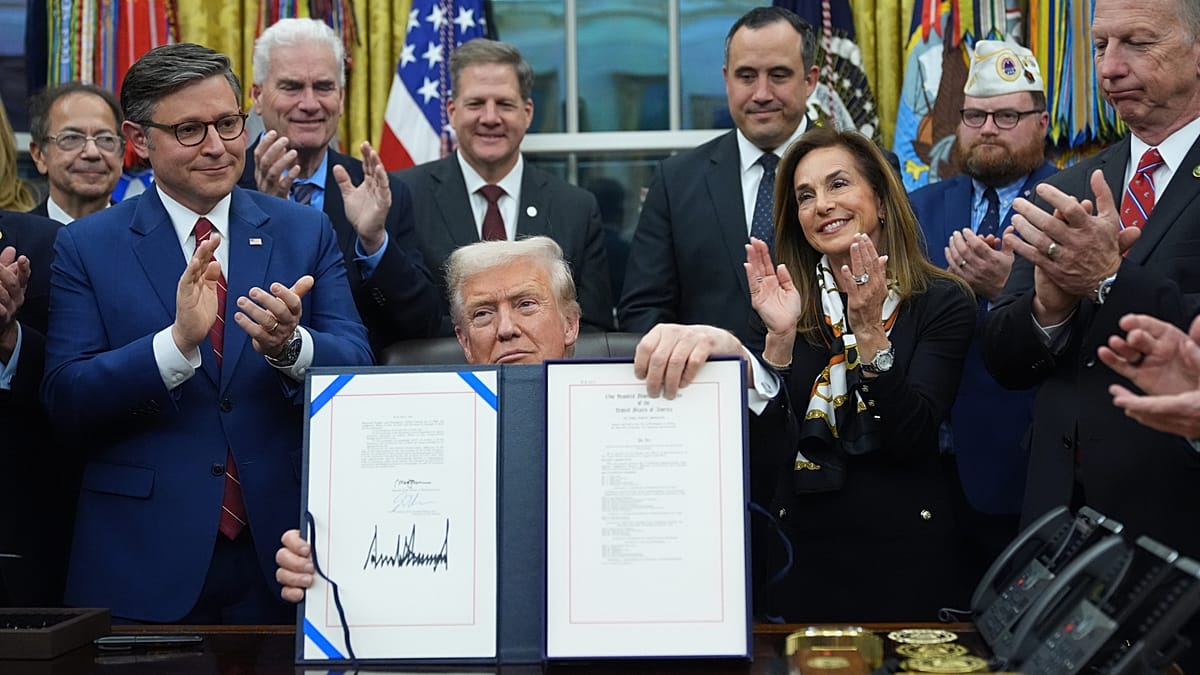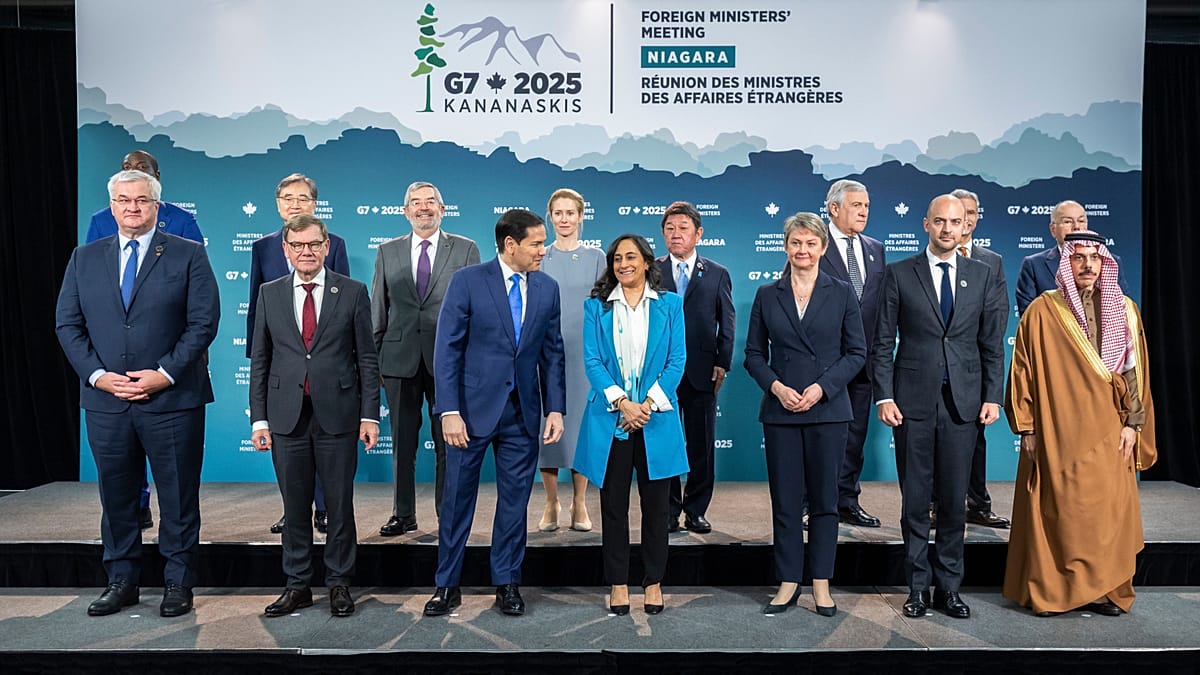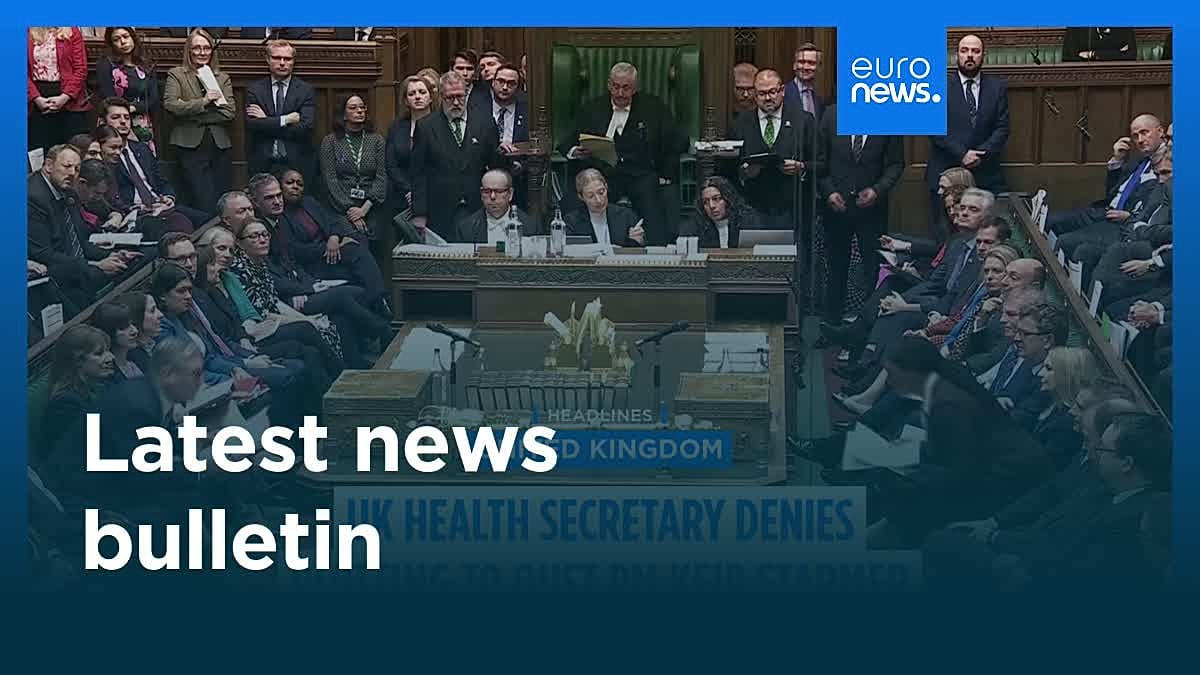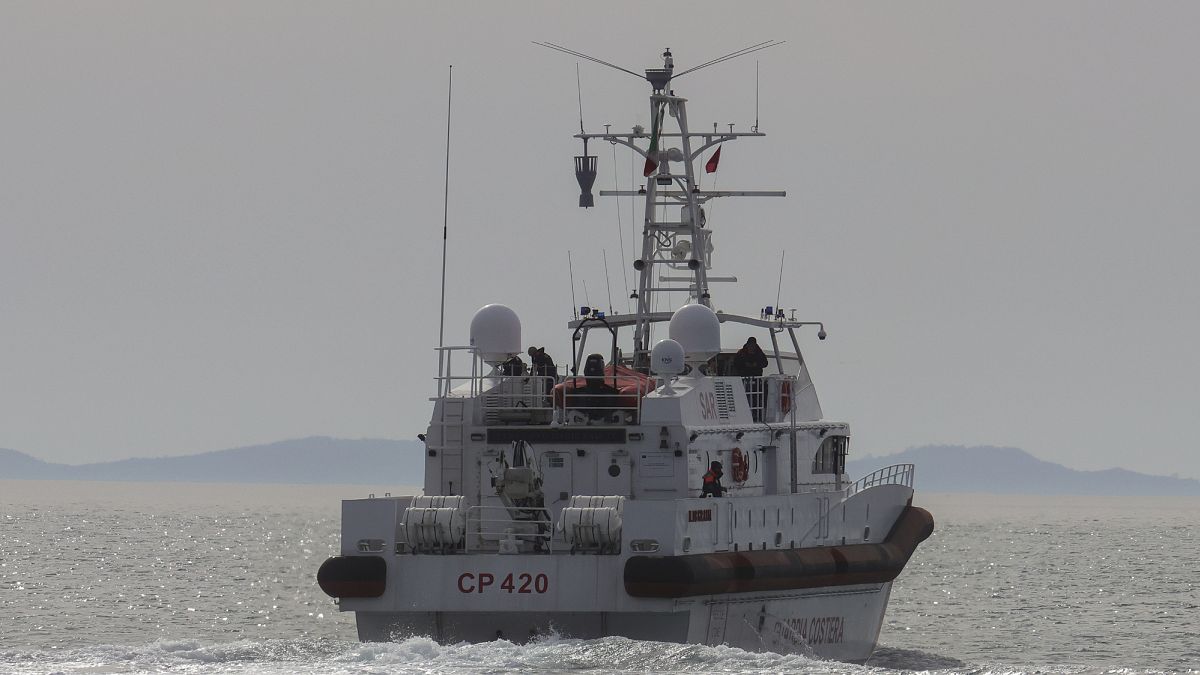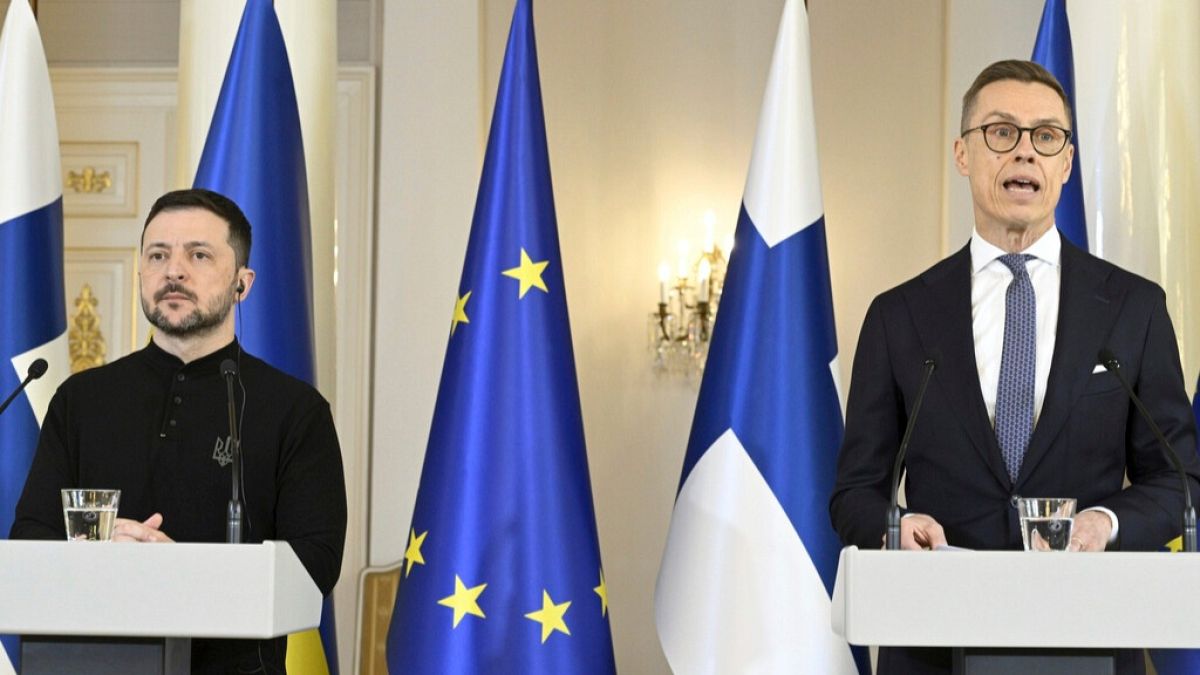Expert: Trade dispute with Trump threatens the future of the EU

Berlin (dpa) – The trade dispute between the USA and the EU threatens to develop into a far-reaching conflict with serious consequences for Europe, according to a trade expert. “For the first time since World War II, Americans and Europeans could face each other not only as economic competitors but as opponents with irreconcilable geopolitical visions,” writes Laura von Daniels from the German Institute for International and Security Affairs (SWP) in a scenario paper obtained by the German Press Agency.
The trade dispute with US President Donald Trump carries enormous divisive potential, emphasizes the head of the SWP working group on America. The costs of US tariffs are unevenly distributed in the EU. Some members, such as Germany, Ireland, or Italy, are more export-oriented and therefore more affected. “If these countries were tempted to enter into individual bilateral agreements with Trump, the strength of the internal market would be reduced and the future of the EU threatened.”
Trump also uses security policy
Trump will also not stop mixing economic and security policy to divide the EU, the expert writes. “While states on the eastern flank see a potential withdrawal of the USA from Europe as an existential threat, other member states assess the security policy implications as less dramatic.” This further weakens the European response capability to Trump’s threats.
Recently, the US President postponed the deadline for new tariffs to August 1. In April, Trump had already introduced a base tariff of ten percent on almost all imports from the EU. Additionally, special tariffs apply to certain products, such as steel and aluminum as well as car imports. With his tariff policy, Trump aims, among other things, to ensure that more is produced in the USA. The EU has put threatened counter-tariffs on hold as long as negotiations are ongoing.
Von Daniels considers a solution in which the USA completely withdraws its tariffs to be unrealistic. The EU would have to make enormous concessions. Other scenarios are more realistic.
A quick deal?
Thus, the EU could accept a general US import tariff of 10 percent on most goods for a quick “deal” with Trump. In return, the US government could offer fixed quotas for the duty-free import of certain goods, such as specific steel and aluminum products.
“From a US perspective, the case for an early agreement is that Trump could signal a moderate policy to the financial markets,” writes the expert, looking at the increased credit risk of the USA and the weak US dollar. At the same time, she warns: “For the EU, there remains a significant risk that a deal with Trump could be of only short duration.” Further US tariffs on certain sectors are threatened in the fall.
“This raises the concern of signaling to Trump that the EU will continue to buckle under pressure in the future,” says von Daniels. An early deal is rather a “economic policy ceasefire” that buys time and immediately saves the high costs of escalation.
And what else could happen?
In a second scenario, the expert estimates that negotiations will continue without a solution, and costs due to already imposed tariffs will rise. Trump will put pressure on the EU with security policy provocations – a dispute over the right negotiation tactics could bring the initially unified stance of the EU crashing down.
Finally, in the third scenario, a full trade and economic war between the USA and the EU could break out, warns von Daniels. She does not rule out that Trump could then pressure NATO by withdrawing US troops from Europe even more comprehensively than is currently assumed in security circles.
Possible countermeasures from the EU, which would also affect digital services and property rights in the EU, would be countered by Trump with financial sanctions, a halt to liquefied gas supplies, or export controls for US software.
What Trump’s true goals are remains unclear to trade partners, writes von Daniels. It is only clear: “The EU and Germany as the economically most important member state and political heavyweight must be prepared in case an agreement fails.” (July 9)




















